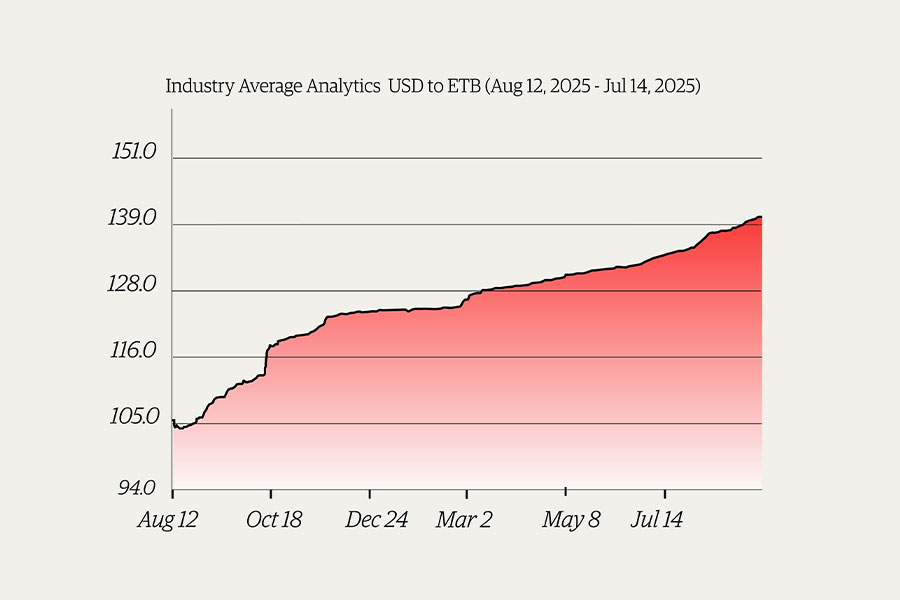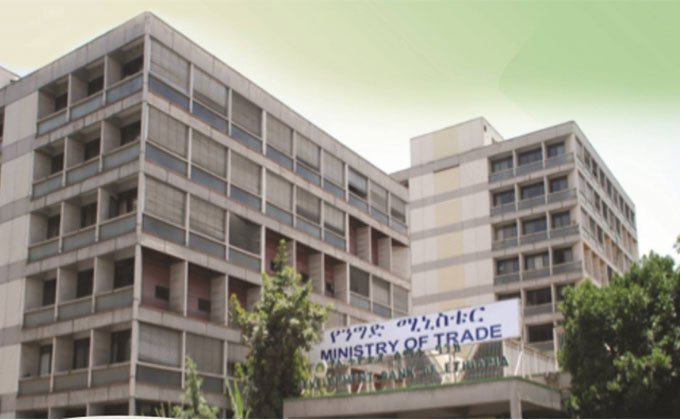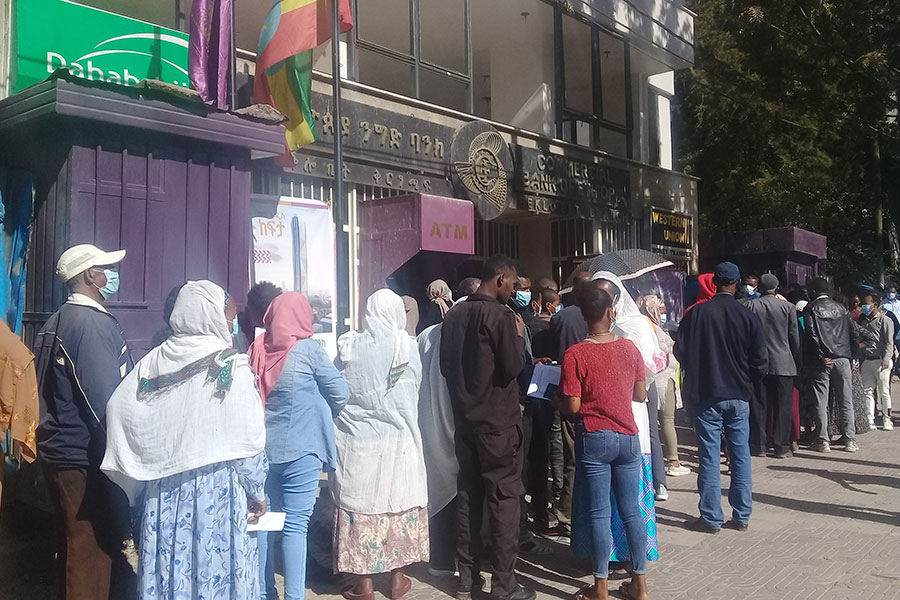
Commentaries | Jun 17,2023
Aug 14 , 2021
By Carolyn Kissane
There is a thing many Ethiopians share in common; that is our national pride. We take pride in our rich history, civilisation and customs. This is especially evident whenever we travel overseas and meet other nationals. We brag about not being colonised, about being multilingual and about having one of the oldest civilisations to have independently developed a writing system and farming. It is alright to take pride in all of these things but not at the expense of other nations.
Funnily enough, we are often too quick to say, “Oh! I didn’t know that,” whenever we are confronted with a foreign national that tells us something we did not know. I only realised this recently when I met an expat that came to Ethiopia for research purposes and spent over a decade here.
“You Ethiopians like bragging about your history and your country,” he once told me over coffee. “Don’t get me wrong, I love your country too, but I am well travelled and have visited many nations like you with rich history and civilisations. Just like you, other countries are multilingual, had great dynasty and ruled much land.”
I was surprised. “What made you come to that conclusion?” I asked.
He mentioned how many people in Ethiopia are assertive in talking about their civilisation. Still, when that of others is mentioned, they often look surprised and say something along the line of, “I didn’t know that. I thought that was only exclusive to us Ethiopians.”
“Part of the problem is that most Ethiopians are not well travelled,” he added. “One needs to step outside and experience different cultures, meet different people before concluding that theirs is just the best.”
Unfortunately, travel is a luxury for the majority of Ethiopians. It requires time and, more importantly, money. Only the rich find it easy to travel while the rest are too busy trying to feed their families on a nine-to-five job. But the expat had a point. Even when people manage to make money, they do not often attempt to be more cultured. They get into material possessions, such as houses and cars, but barely aspire to travel the world.
Few cultures in Ethiopia encourage us to step out, explore the environment, and be adventurous. These things require being risk-takers and, by nature or nurture, we are not known to be risk-takers.
It is also the case that, when many of us talk about our history, it is usually biased. We either know the history we are taught at school or that is passed down to us from generations, which sometimes lacks accuracy. We do not do further reading and examine historical accounts written by diverse authors, limiting ourselves to non-fiction that subscribes to our political views. He also added we Ethiopians rarely show interest to learn other nations’ cultures.
Much of this is regrettable, for there is much wisdom to be gleaned from our history. The ancient Ethiopians and the older generation were knowledgable, the expat added, but it has barely been developed subsequently by later generations.
“For instance, I have met lots of young people who seem sceptical about the use of certain herbs their ancestors believed held medicinal values,” he said. “But research is proving the use of these herbs in healing some illnesses. Of course, not everything has scientific backing, and some of the things are questionable. But they are still useful to draw on further scientific research.”
Many of us are proud of what our history tells but not appreciative of what we have and the potential for growth. It is not wrong that we have an appreciation for ourselves and our country as a people, but that we need a sharper eye to criticise what has not worked and build on what has shown provable positive results. This needs us to be more honest, and to be patriots, people who love their country and are proud of it for what it does, instead of nationalists, who are proud of their country, no matter what their country does.
PUBLISHED ON
Aug 14,2021 [ VOL
22 , NO
1111]


Commentaries | Jun 17,2023

Money Market Watch | Sep 21,2025

My Opinion | Jun 08,2024

Radar | Dec 04,2021

Fortune News | Oct 12,2019

Viewpoints | Jul 13,2024

Life Matters | Mar 09,2024

Radar | Dec 16,2023

Radar | Mar 12,2022

Covid-19 | Mar 31,2020

Photo Gallery | 174063 Views | May 06,2019

Photo Gallery | 164289 Views | Apr 26,2019

Photo Gallery | 154398 Views | Oct 06,2021

My Opinion | 136619 Views | Aug 14,2021
Editorial | Oct 11,2025

Dec 22 , 2024 . By TIZITA SHEWAFERAW
Charged with transforming colossal state-owned enterprises into modern and competitiv...

Aug 18 , 2024 . By AKSAH ITALO
Although predictable Yonas Zerihun's job in the ride-hailing service is not immune to...

Jul 28 , 2024 . By TIZITA SHEWAFERAW
Unhabitual, perhaps too many, Samuel Gebreyohannes, 38, used to occasionally enjoy a couple of beers at breakfast. However, he recently swit...

Jul 13 , 2024 . By AKSAH ITALO
Investors who rely on tractors, trucks, and field vehicles for commuting, transporting commodities, and f...

Oct 11 , 2025
Ladislas Farago, a roving Associated Press (AP) correspondent, arrived in Ethiopia in...

Oct 4 , 2025
Eyob Tekalegn (PhD) had been in the Governor's chair for only weeks when, on Septembe...

Sep 27 , 2025
Four years into an experiment with “shock therapy” in education, the national moo...

Sep 20 , 2025
Getachew Reda's return to the national stage was always going to stir attention. Once...

Oct 12 , 2025
Tomato prices in Addis Abeba have surged to unprecedented levels, with retail stands charging between 85 Br and 140 Br a kilo, nearly triple...

Oct 12 , 2025 . By BEZAWIT HULUAGER
A sweeping change in the vehicle licensing system has tilted the scales in favour of electric vehicle (EV...

Oct 12 , 2025 . By NAHOM AYELE
A simmering dispute between the legal profession and the federal government is nearing a breaking point,...

Oct 12 , 2025 . By NAHOM AYELE
A violent storm that ripped through the flower belt of Bishoftu (Debreziet), 45Km east of the capital, in...